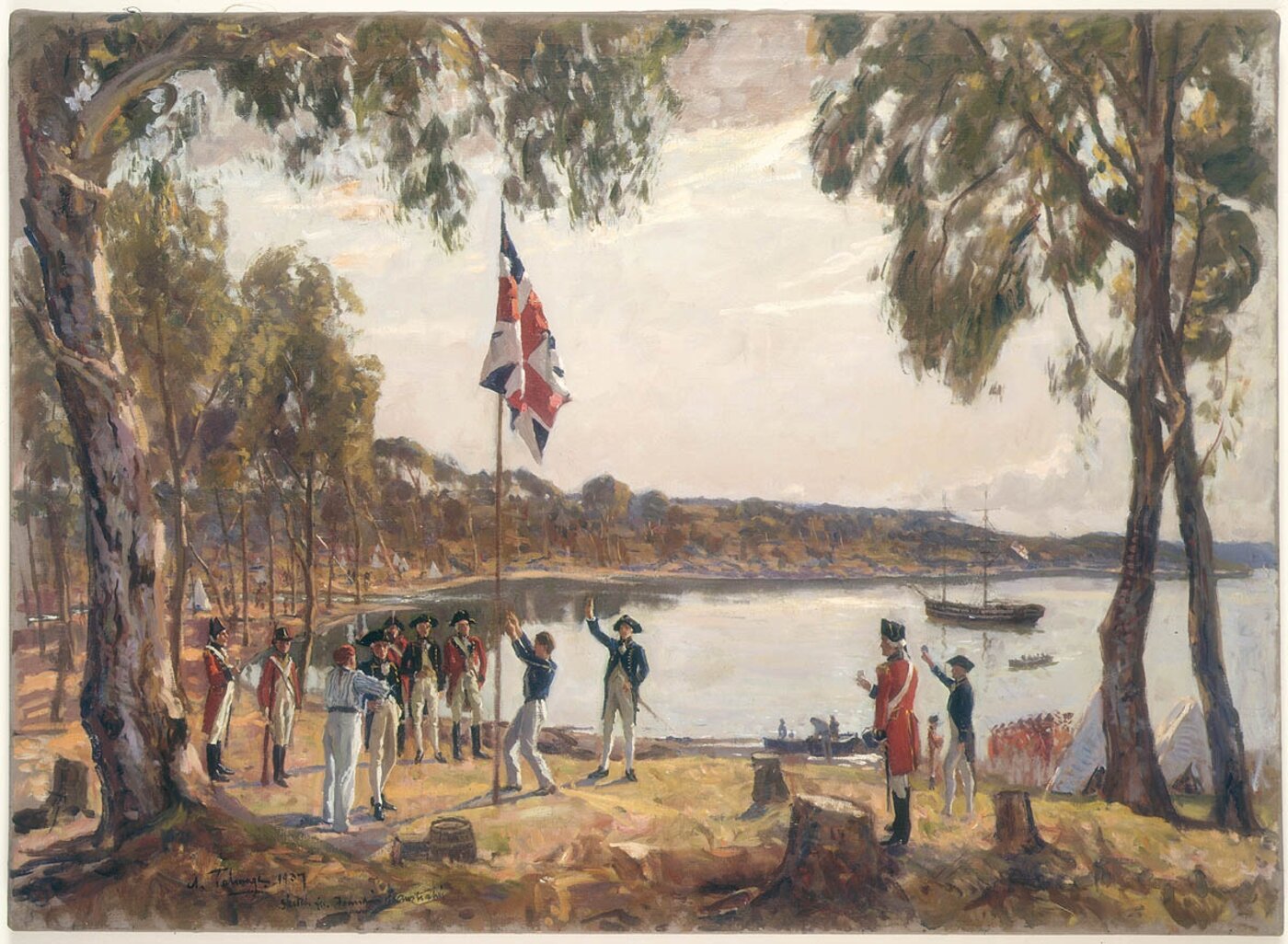
Part Two: Understanding Colonialism
- September 2020
-
October 2020
- Oct 2, 2020 #9 Understanding Colonialism: The New Globalisation: The Age of Monopoly Global Companies
- Oct 9, 2020 #10 Understanding Colonialism: The Early Monopoly Companies and Colonisation
- Oct 16, 2020 #11 Understanding Colonialism: Competitive Colonialism & Defending Colonies
- Oct 23, 2020 #12 Understanding Colonialism: Invasion, Settlement, Slaves and Colonisation
- Oct 30, 2020 #13 Understanding Colonialism: Slaves and Settler Societies
- November 2020
-
December 2020
- Dec 4, 2020 #18 Understanding Colonialism: Death and Impoverishment Part III
- Dec 11, 2020 #19 Understanding Colonialism: Indian Colonialism: A Special Case from 1600 to 1914
- Dec 18, 2020 #20 Understanding Colonialism: Russian Colonisation: Another Special Case
- Dec 23, 2020 #21 Understanding Colonialism: The Invasion of China
-
January 2021
- Jan 1, 2021 #22 Understanding Colonialism: Africa (Part I)
- Jan 8, 2021 #22 Understanding Colonialism: Africa (Part II)
- Jan 15, 2021 #23 Understanding Colonialism: Settler and non-Settler Colonies
#23 Understanding Colonialism: Settler and non-Settler Colonies
The early Colonies from 1492 onwards were all ruled and settled by ‘white settlers.’ The areas settled included the Americas and to a small extent the Portuguese colonised Africa, and the Dutch settled in Southern Africa in 1652. All of these can be characterised as ‘settler colonies.’
#22 Understanding Colonialism: Africa (Part II)
We take for granted today the boundary lines which divide countries. Those borders set in 1884 had little rationale but continue to have long-term consequences. 80 years after being divided, the new countries were provided with relative Independence. This was partially due to their struggles against colonial rule and partly due to the decision taken by the USA to have economic access to the world. They all kept the boundaries created during colonialism.
#22 Understanding Colonialism: Africa (Part I)
African colonisation was significantly different from all other forms of European invasion. At the end of the 19th century, the continent was divided up into multiple relatively small nation-states. As a result, each state has found the processes of moving towards industrialisation difficult. The story of the colonisation of the continent is how this situation came about.


